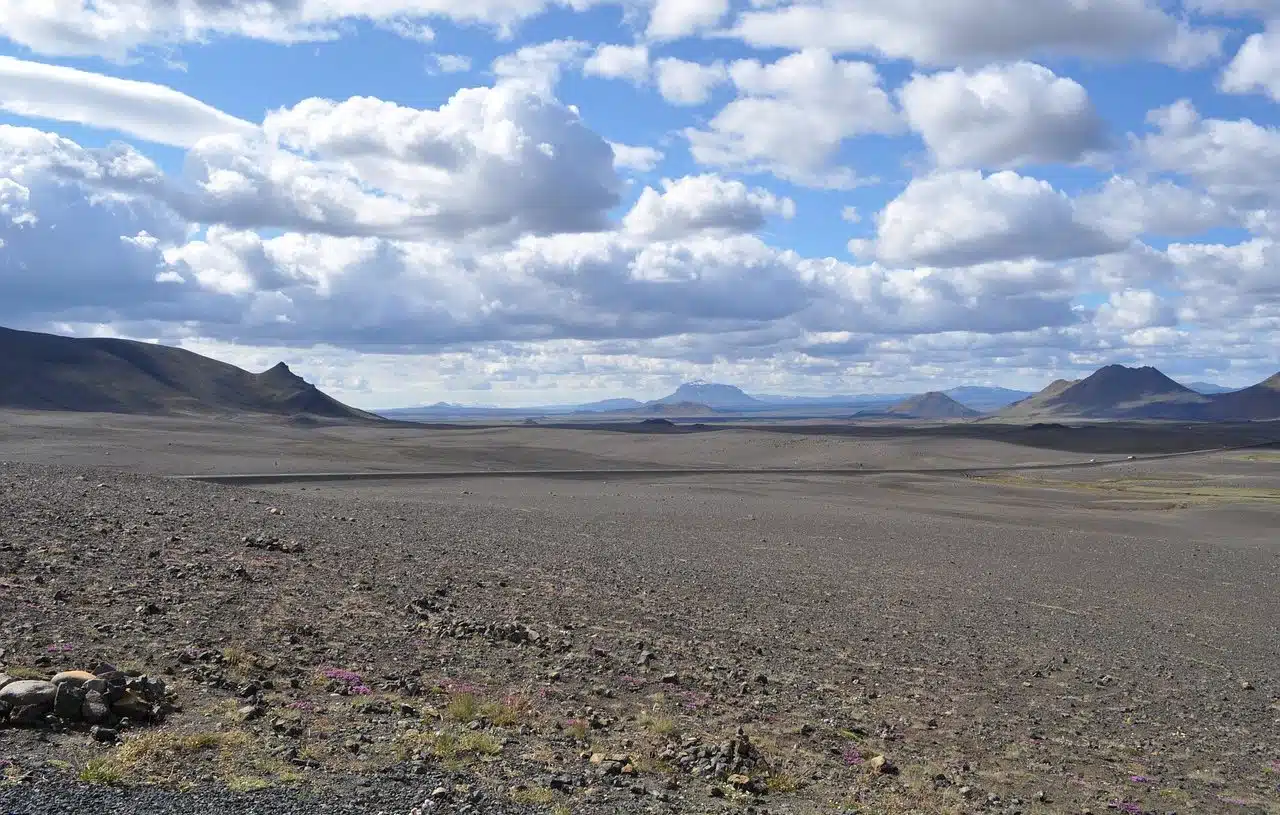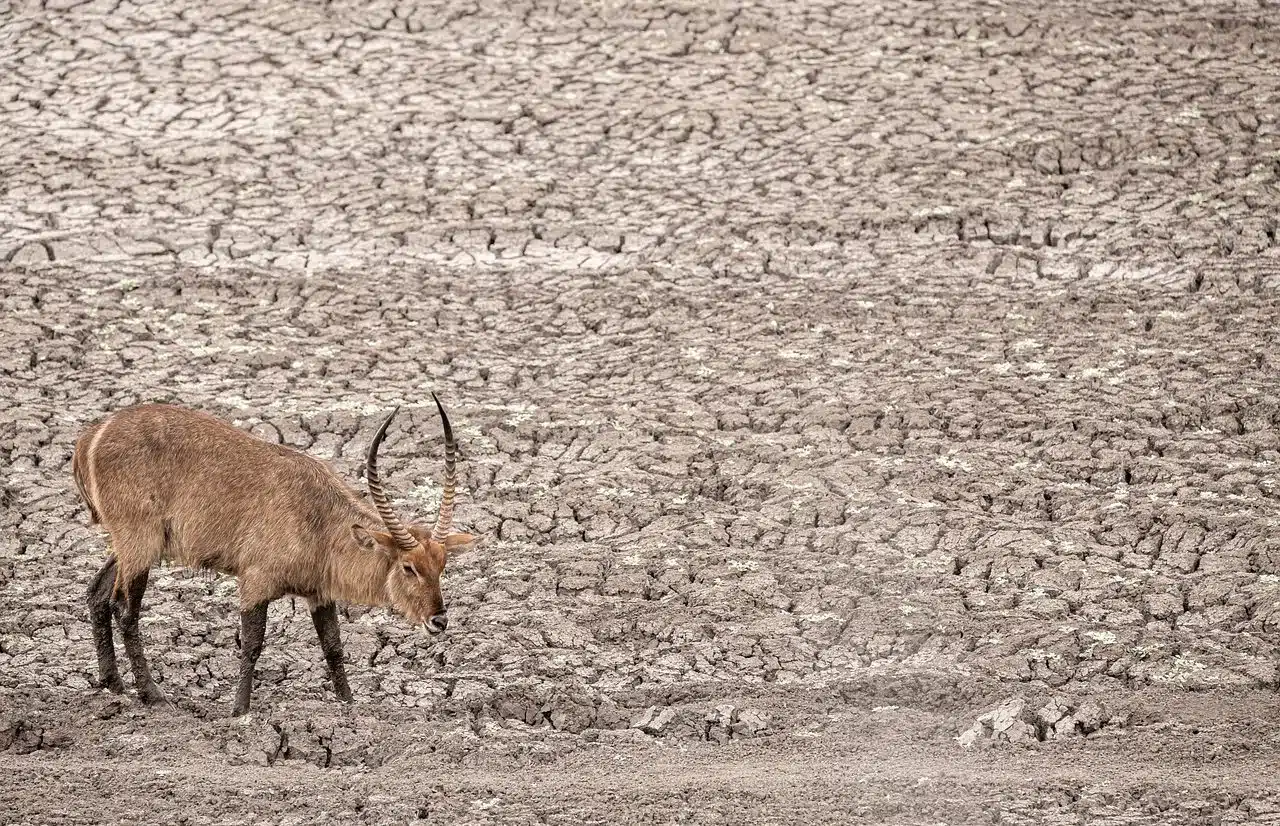
A barren land is one that lacks life or has little fertility.
Wasteland is a concept with several uses, according to what is detailed by the Royal Spanish Academy ( RAE ) in its dictionary. The term, whose etymological root refers us to the Latin eremus although its origin is in the Greek language, can be used as an adjective or as a noun .
The notion can be used to name the surface that lacks life . In this sense, a piece of land can be barren if it has no vegetation or if there are no people or animals that live there. For example: “The stranger walked for hours through the barren land, without finding help,” “This barren field is worthless,” “Looking at the barren wasteland, the young man wondered how he could spend so much time in that place.” It is also possible to use this adjective in a figurative sense, or to talk about the impoverishment of a population.
Creation of a wasteland
While many people suffer due to the lack of soil fertility - since this prevents them from growing their food or even enjoying the presence of plants and grass, two fundamental elements to maintain our health - others seek with an absurd urgency the way to turn fertile land into wasteland, in order to decorate it with stones, grass and artificial flowers.
It is hard to believe that people who die of thirst, or those who get sick from the contamination of the water they drink, live on the same planet as those who consider themselves surrounded by "too much nature" and have the luxury of eliminating life to replace it with elements typical of a large-scale model. To “create” barren land, it is necessary to apply herbicides and other products to the soil, in addition to drowning it with sand and gravel.

A barren place has little or no vegetation.
Low fertility
Although the formal definition of barren refers to land in which there is no vegetation and that cannot be cultivated , it is not uncommon to find this term with a less strict connotation, that is, to talk about infertile soils. In areas of great drought , where rain occurs a few days a year to green the land as if it were a dream and then leaves for long months, it is possible to say that the land is barren.
For cases like this, in which the land is not completely devoid of life, there are various varieties of plants that adapt very well to the lack of water , such as pines, since they are ideal for dry and rocky areas, and a great number of shrubs, among which Aributus, Eleagnus and Raphiolepsis stand out. It is important to note that these plants also need water to develop, especially during the first two years of life ; In other words, although they withstand the lack of nutrients in the soil, they cannot grow without any type of care.
With this same meaning, wasteland can be used as a noun : “We must cross the wasteland before nightfall,” “The woman's gaze was lost in the wasteland, while her mind traveled in time,” “I don't understand what pleases you about it.” this lonely wasteland."
Other uses of the term wasteland
The group of Christian religious people who, in the 4th century , decided to leave the cities of the Roman Empire and settled in desert areas of Egypt and Syria , are known as Desert Fathers or Desert Fathers .
In the field of botany , yermo is the genus of a class of plant , which is part of the Asteraceae family. This genus consists of a single perennial species, which can reach a height of thirty centimeters with petiolate leaves.
A town in the Cantabrian municipality of Cartes and a Galician parish of Ortigueira , in Spain , also bear the name of yermo.
